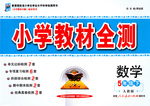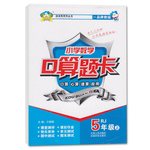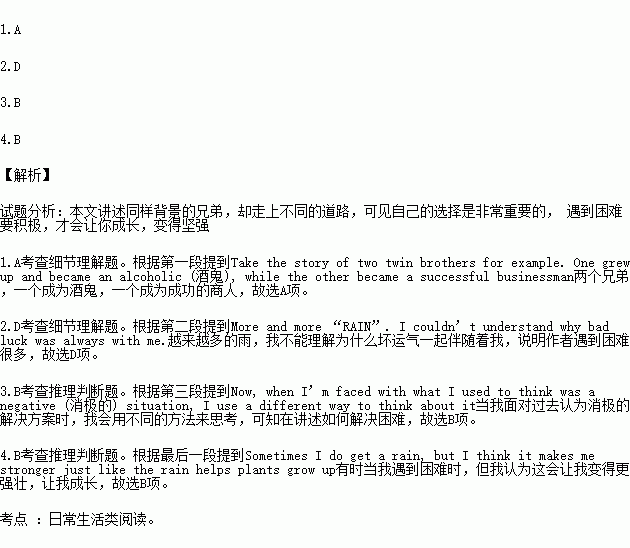题目内容
In her outstanding book, “Choose the Happiness Habit”, Pam Golden wrote, “Take the story of two twin brothers for example. One grew up and became an alcoholic (酒鬼), while the other became a successful businessman. When asked why he became an alcoholic, the alcoholic replied, “Because my father was a drunk.” However, the successful businessman’s answer was also “Because my father was a drunk.” when asked why he succeeded. The same background. The same upbringing (培养). However, the results were quite different. Why? The reason is that they had different choices. The brothers chose different thoughts which formed the situations they found themselves in at last, so they had different experiences.
There was a time in my life when I thought difficulty was due to “bad luck”. Have you ever heard the saying “When it rains, it pours”? That was my answer when others asked me how things were going on when I was in trouble. So what do you think I got? “RAIN”. More and more “RAIN”. I couldn’t understand why bad luck was always with me.
Pam Golden says, “You’re either living in the problem or you’re living in the solution.” Now, when I’m faced with what I used to think was a negative (消极的) situation, I use a different way to think about it. I force myself to replace those negative thoughts that make me lose heart in my mind with positive thoughts which encourage me to fight against the difficulty bravely. Sometimes I write down some ideas that may be a solution, which I combine with the lessons I have learned from the bad situations and the difficulties that troubled me in the past, and often, I find a solution to the problem soon. It seems that I should thank the difficulty I met with. The RAIN that poured in my world has become great experiences that provide me with valuable experience, from which I can benefit.
Now, it doesn’t “rain” as much in my life as it used to. In fact, most days are beautiful, cloudless and sunny! Sometimes I do get a rain, but I think it makes me stronger just like the rain helps plants grow up.
1.The example of the twin brothers shows that ________.
A. making good choices is the most important
B. education decides a person’s future
C. upbringing makes a big difference
D. it is luck that leads to success
2.What does “RAIN” mentioned in the second paragraph refer to?
A. Water. B. Good luck. C. Success. D. Difficulty.
3.What is talked about in the third paragraph?
A. How the author collects useful experience.
B. How the author deals with difficulty now.
C. How the author gets help from others.
D. How the author lives in the problem.
4.Which of the following agrees with the author’s attitude now in the text?
A. All things are difficult before they are easy.
B. Meeting with difficulty is not a bad thing.
C. Fortune is what it takes to succeed
D. Things at the worst will mend.
 小学教材全测系列答案
小学教材全测系列答案 小学数学口算题卡脱口而出系列答案
小学数学口算题卡脱口而出系列答案Welcome to the Electronic Village to explore new ways of language teaching and learning.
Electronic Village Program (Thursday, June 18, 2015) | |
Nearpod ? 9:00 am to 10:00 am ? Room 501 Nearpod is a software program that creates a rich context (语境) for students to learn vocabulary. The presenter will show how to use it. | TEO ? 2:00 pm to 3:00 pm ? Room 502 Our students come from different backgrounds but have the same desire to learn on-line. The presenter will use examples from his first on-line class to explain how any teacher can begin teaching on-line with TEO. |
Kahoot ? 10:30 am to 11:30 am ? Room 601 Kahoot software can be used to create grammar tests which can be graded on a network. It can provide students with instant feedback (反馈), including reports about their strengths and weaknesses. | Prezi ? 3:30 pm to 4:20 pm ? Room 602 Uses of Prezi in listening and speaking courses draw students' attention to speaking more fluently. The presenter will show how students can use Prezi to confidently present on a variety of topics, including introducing family, friends, and hobbies. |
1.Nearpod can be used to ______.
A. offer grammar tests
B. teach listening on-line
C. help vocabulary learning
D. gain fluency in speaking
2.If you want to improve your speaking skills, you can go to____________.
A. Room 501 B. Room 502 C. Room 602 D. Room 601
3.A teacher who wants to learn on-line teaching is expected to arrive by ______.
A. 9:00 am B. 10:30 am C. 3:30 pm D. 2:00 pm

